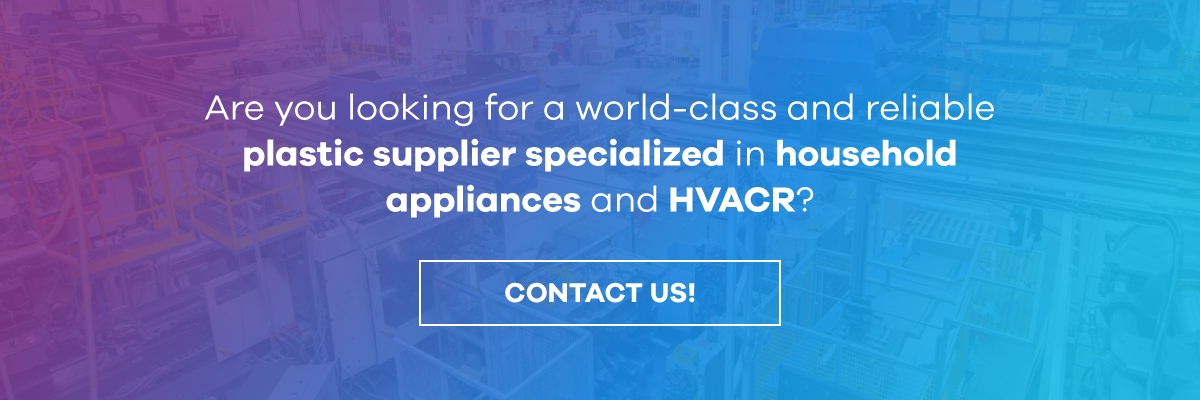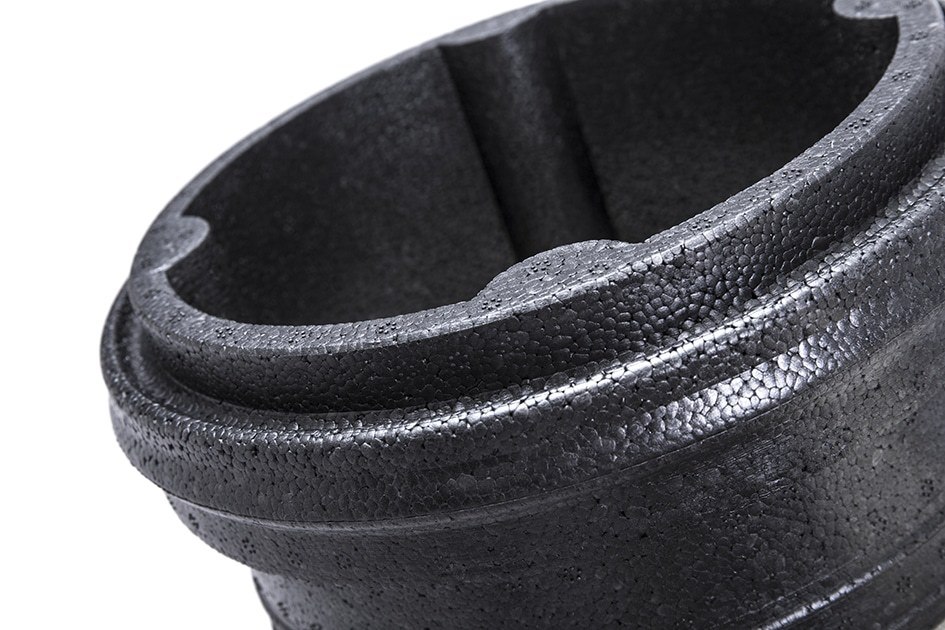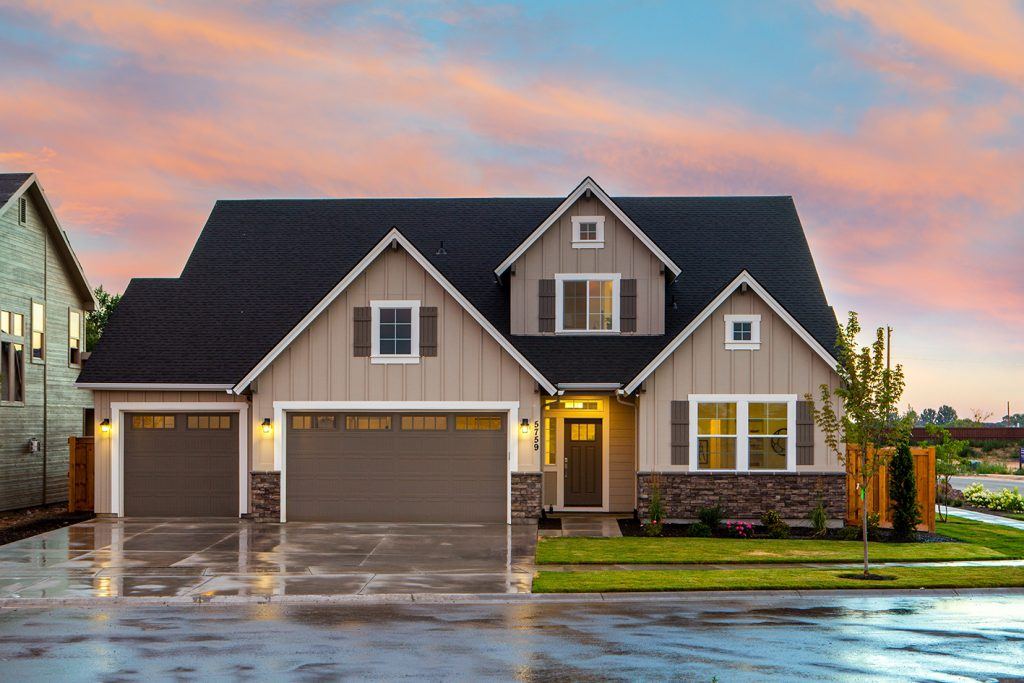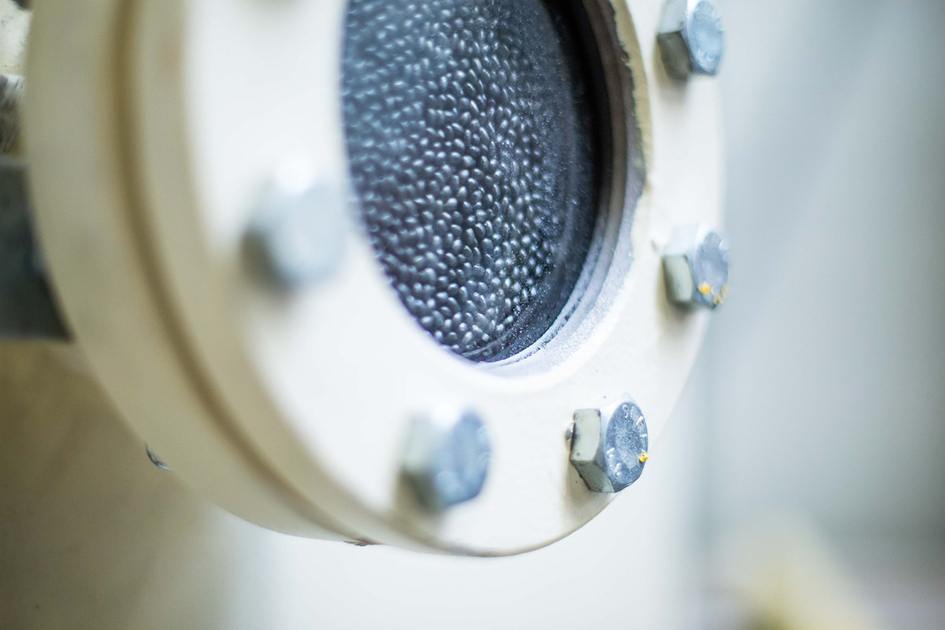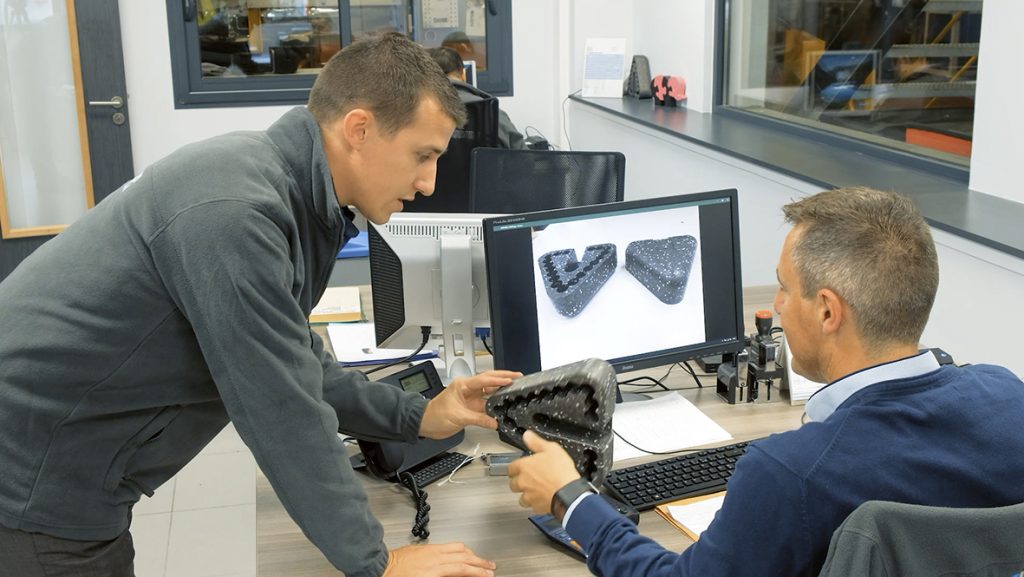Achieving thermally efficient HVAC systems has a decisive influence on these structures’ economic costs and sustainability. As a consequence, all strategies leading to increased efficiency in ventilation units, heat pumps, duct thermal insulation and other HVAC equipment present important benefits for owners, operators and society at large.
How can manufacturers provide thermally efficient HVAC systems? We guide you through some of the key factors to achieve it.
Thermally efficient: What does it mean for HVAC systems?
For HVAC systems to be thermally efficient, they must guarantee a good ratio between the energy produced and the energy that is consumed.
In other words, an efficient system produces more energy than what it consumes (a ratio that can be calculated by the Coefficient of Performance or the Seasonal Coefficient of Performance, CoP and SCoP respectively).
There are several strategies for HVAC systems to increase their efficiency.
- Choose the right energy source. This will vary according to each project’s location or climatic environment, among other factors. For instance, some projects will benefit from incorporating heat pumps, which typically reduce electricity use by 50%, according to data by the US Energy department.
- Design the right heat distribution system. For instance, underfloor heating and radiation will decrease a system’s need for energy.
- Insulate HVAC components by using the right materials. Heat pump and duct thermal insulation can be achieved in order for these components to not incur in heat losses and other inefficiencies. The use of EPP for heat recovery systems stands out as an innovative solution in this context.
You may also be interested in HVAC energy efficiency: 4 tips to improve your performance
Why is it important to care about thermal efficiency? The benefits of installing efficient HVAC systems
-
- Comfort. Thermally efficient HVAC systems regulate temperatures better, especially when enhanced by automation and smart technologies. Air quality and ventilation issues are also managed better.
- Economic costs. An efficient HVAC system equals the need for less energy consumption, as scenarios such as heat losses are minimized.
- Sustainability. Less energy is needed to provide adequate temperature regulation in efficient HVAC systems, and energy waste is additionally minimized. This can be further enhanced by other design improvements and developments in HVAC, such as the use of alternative energy sources, eliminating greenhouse gas footprints.
- Comply with legislation. National and international laws are increasingly regulating HVAC systems. For instance, the Energy Performance of Buildings Directive and the Energy Efficiency Directive are two European norms targeting thermal performance in buildings and, consequently, looking directly into thermally efficient HVAC systems.
2 must-haves to create thermally efficient HVAC systems
Decreasing air leakage must be a priority
Simply put, air leakages in HVAC systems mean energy losses which equal a reduced energy efficiency. In fact, extreme cold weather can lead to losses amounting to 40% of energy.
The main reason behind air leakages is a system’s poor design or installation. This includes choosing the wrong materials in HVAC systems.
As a response, it’s possible to reduce air leakages by introducing thermally efficient materials such as EPP, which presents exceptional insulation properties and minimizes energy and heat losses.
Precise design and installation processes
At the design phase, HVAC systems must be seen from a holistic approach that takes energy efficiency into consideration at all stages.
From aiming at efficient and sustainable energy sources to guaranteeing duct thermal insulation, all parts play a role in achieving thermal efficiency. In fact, inadequate ductwork can represent a noteworthy source of energy waste.
Installation processes are also key when it comes to thermally efficient HVAC systems: they must be installed by experts that ensure cooling and heating reach every needed area and they do so in the most efficient manner.
EPS and EPP for HVAC systems: proven thermal efficiency
The use of EPS and EPP provides a key solution to incorporate thermally efficient HVAC components into these structures, due to this material’s extraordinary thermal insulation properties.
This material can be employed to manufacture customized technical parts, guaranteeing insulation in ductwork and other HVAC parts (for instance, insulating ventilation units and heat pumps) and leading to fully airtight equipment.
These solutions thus replace other inefficient scenarios and approaches to HVAC systems, such as the traditional use of metal sheets and other inappropriate materials.
Additionally, EPP and EPs are both durable, allow for design versatility and customizable projects and are environmentally friendly (100% recyclable and part of circular economy programs such as Knauf Circular®).
Want to learn more about the possibilities of custom parts to generate thermally efficient HVAC systems?
At Knauf Appliances we’re in charge of designing and implementing HVAC components that boost these system’s efficiency.
Get in touch and speak to our team.

